What Is Happening With the Bushwick Community Plan?
For a number of years, Bushwick residents have been working on a proposal that will serve as a guide for a possible rezoning of the neighborhood. But what is its status?

The loft at 1609 Dekalb Avenue
For a number of years, Bushwick residents have been working on a proposal that will serve as a guide for a possible rezoning of the neighborhood. But what is its status?
This is the question a number of residents and community activists are currently asking. In recent weeks, they have been speculating that a current proposal for a rezoning at 1597-1601 Dekalb Avenue, on which developer Camber Property Group plan to build two residential structures on a former parking lot, will set a precedent that disregards their recommendations.
“The larger community plan for Bushwick is being jeopardized,” said Marcel Negret, an urban planner and local resident. “I see [1597-1601 Dekalb] as a litmus test.”

Beginning in 2014, Council Members Antonio Reynoso and Rafael Espinal, Community Board 4, residents and community organizations such as Make the Road helped launch the Brooklyn Community Plan, part of a larger effort to design a comprehensive plan for development in Bushwick.
Over the next two years, a series of visioning sessions were held to compile recommendations from the community. Some of the ideas that came out of those sessions were: upzone main thoroughfares, including Wyckoff Avenue and Dekalb Avenue, while downzoning side streets; keep certain areas that are currently zoned for manufacturing; and preserve historic character, particularly on and around Bushwick Avenue.
In 2016, Reynoso released a report finding that Mandatory Inclusionary Zoning would have had a major impact on the number of affordable units in Williamsburg — a neighborhood he represents along with Bushwick — today if it had been in place in 2005 when the waterfront was rezoned. The number of affordable units in the Bushwick, he added, could have doubled if the area had been rezoned and Mandatory Inclusionary Zoning had been put in place in 2010.
In 2017, the Department of City Planning released a Draft Planning Framework, which captured the community’s input in a map and showed what a potential rezoning could look like.

“The Bushwick Community Plan is just that — a community-driven plan crafted by residents and local organizations,” said Council Member Antonio Reynoso in a statement provided to Brownstoner. “I have always said that zoning is not planning, and the BCP is taking a comprehensive approach by examining topic areas such as economic development, housing, open space, and transportation. The BCP Steering Committee is currently writing its report, outlining all the recommendations the committee has developed after nearly four years of community engagement. Once the Steering Committee delivers its report, we expect the City to respond with a planning framework which incorporates the community’s recommendations. In the coming months, I will be working closely with the Community Board, Steering Committee, and City to implement this plan for guiding the future of development in Bushwick.”
Planning has been continuous if slow, people close to the situation told Brownstoner. But in February, residents felt a tremendous amount of pushback from city planning during a meeting in which Winston Von Engel, director of DCP’s Brooklyn office, implied he “was not concerned about preventing the displacement of longtime residents,” according to a report in the Village Voice.

Despite some residents feeling disillusioned, the steering committee is currently working on a revised version of the report, which is currently in the writing stages and that they hope to release this summer. But will City Planning listen?
“It’s one of those questions that will be answered when the time is right,” said Jose Lopez, codirector of organizing at community organization Make the Road. “Empowering the community is one thing, actually grabbing hold of that report and delivering on some of the recommendations is another.”

Recent events show that their recommendations might not be taken seriously by City Planning, according to some residents. A proposed rezoning at 1597-1601 Dekalb will affect 10 tax lots bounded by Hart Street, Wyckoff Avenue and DeKalb Avenue. The developer who requested the rezoning from manufacturing to residential, Camber Property Group, owns some but not all of those lots, which made the request puzzling.
“This is not our preference, rather a requirement of the Department of City Planning,” wrote Rick Gropper of Camber Property Group in a letter to Community Board 4 supplied to Brownstoner. “Our development plan does not include any construction whatsoever on the lots adjacent to 1597-1601 Dekalb, nor do we have any desire to change the use of the surrounding lots.”
But at a City Planning Commision public hearing on June 13, Gropper backtracked on his comments, saying the proposed rezoning was based on “sound planning principals and zoning practices,” but also making clear that he is not a planner.
“Which is the accurate statement?” asked City Planning Chair Marisa Lago. “What confidence do we have that you won’t again change your mind and treat a city planning application more like a BSA [Board of Standards and Appeals] variance?” She presented an image from Camber’s original application showing the zoning map change instead of the spot rezoning. “I think a picture is worth a thousand words,” Lago added.
On April 18, Community Board 4 voted overwhelmingly against the proposal.
“Over the past several years, it has been challenging for all, especially residents that are volunteering their time to engage in the planning process,” said Community Board 4 District Manager Celeste Leon during the Brooklyn Borough President’s public hearing for 1597-1601 Dekalb in April.
Some of the concerns include maintaining industrial areas and allowing residents of adjacent loft buildings to stay in their homes.
Borough President Eric Adams approved the rezoning on May 30 with recommendations. These include making any development affordable to low and very-low income households, adjusting the percentage of two- and three-bedroom units to better accommodate families, preventing any new development 10 years from the date of rezoning that would block windows of adjacent loft buildings (such as at 1609 Dekalb Avenue), and providing the local Brotherhood Boxing Club ground floor and basement space at below-market rents.
City Planning has 60 days to make a recommendation, which should happen around July 29.
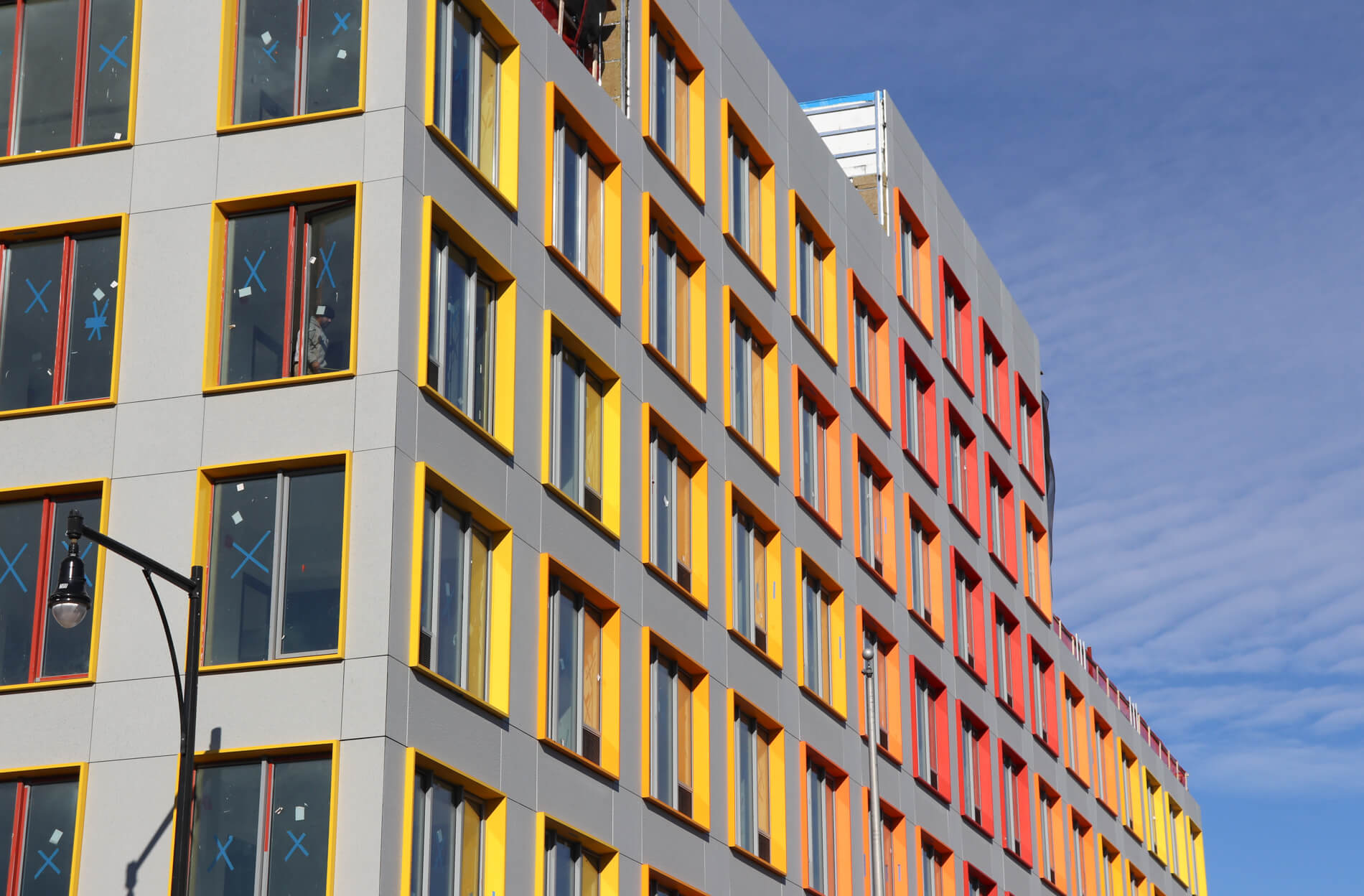
Bushwick residents embrace the need for a community plan partly because of what has happened at the Rheingold Brewery site. In the early 2000s, an award-winning complex of affordable housing was completed on part of the site. In 2013, the remaining undeveloped blocks were rezoned to allow housing.
At the time of the rezoning, the property’s initial developers promised 30 percent affordable housing, but subsequent owners have scaled back to 20 percent, leading to controversy. The for-profit development will bring blocks of market-rate luxury housing to the traditionally working-class neighborhood.
The concern is that, with the rezoning of 1597-1601 Dekalb, what has been promised was all for nothing.
“This doesn’t fall in line with everything we’ve been talking about for four years,” said Lopez. “Either the local rezoning plan is real, and you’ve been honest over the years about empowering the community, or it’s not.”
[Photos by Susan De Vries except where noted otherwise]
Related Stories
- As Bushwick Booms With Development, Residents Move to Landmark It
- City Council Approves Rheingold Brewery Rezoning
- Bushwick Needs ‘Burg-Style Rezoning — But With Affordable Housing, Says Councilman
Email tips@brownstoner.com with further comments, questions or tips. Follow Brownstoner on Twitter and Instagram, and like us on Facebook.

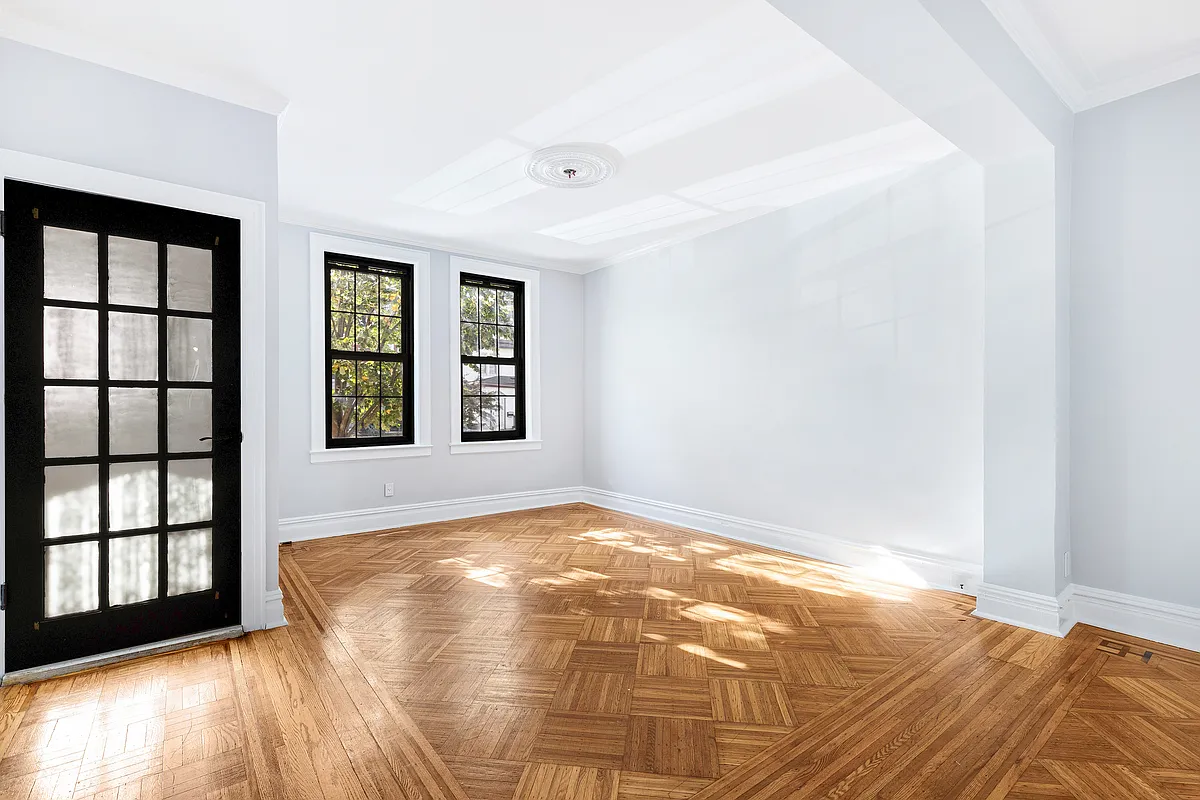
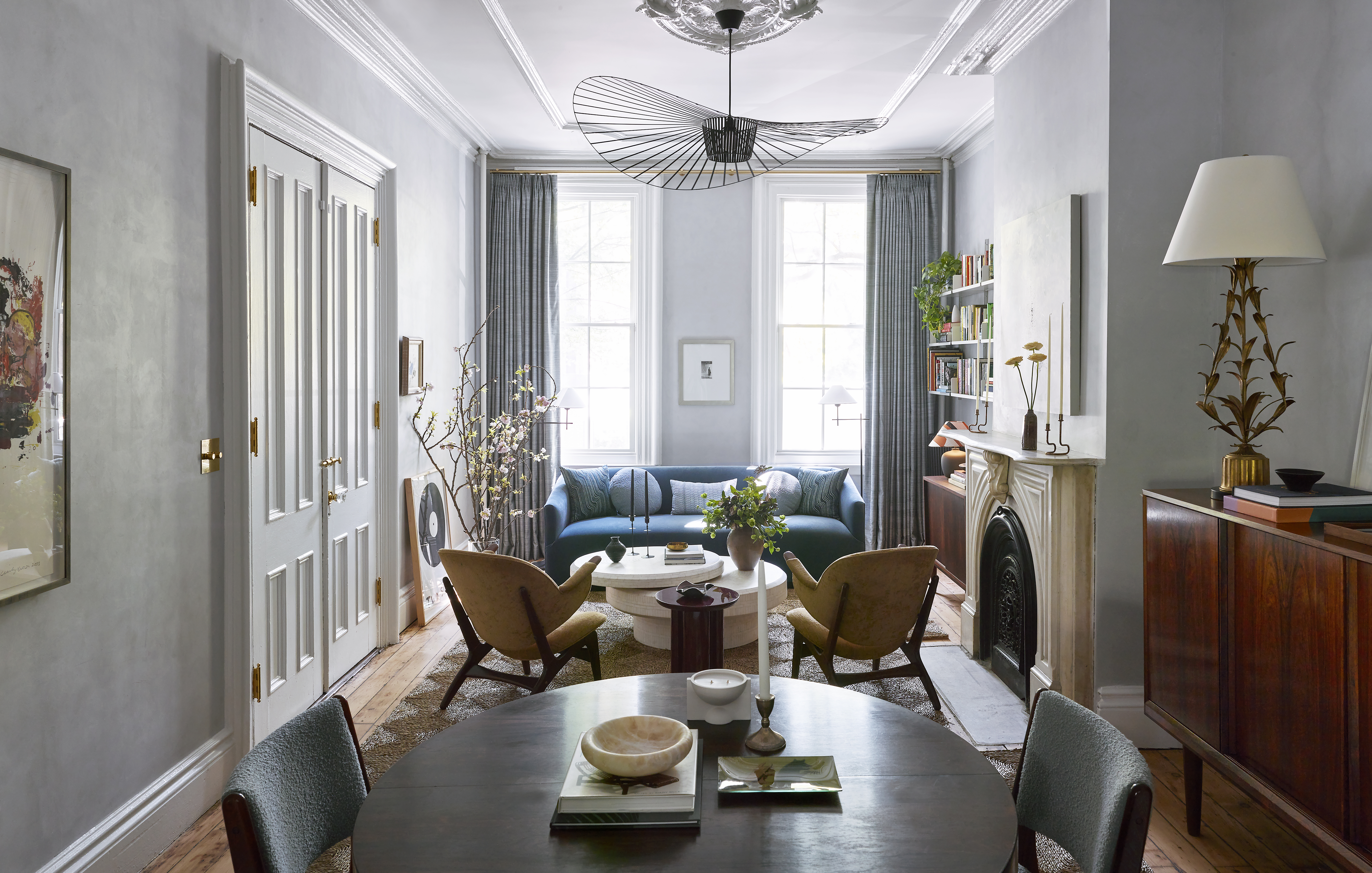
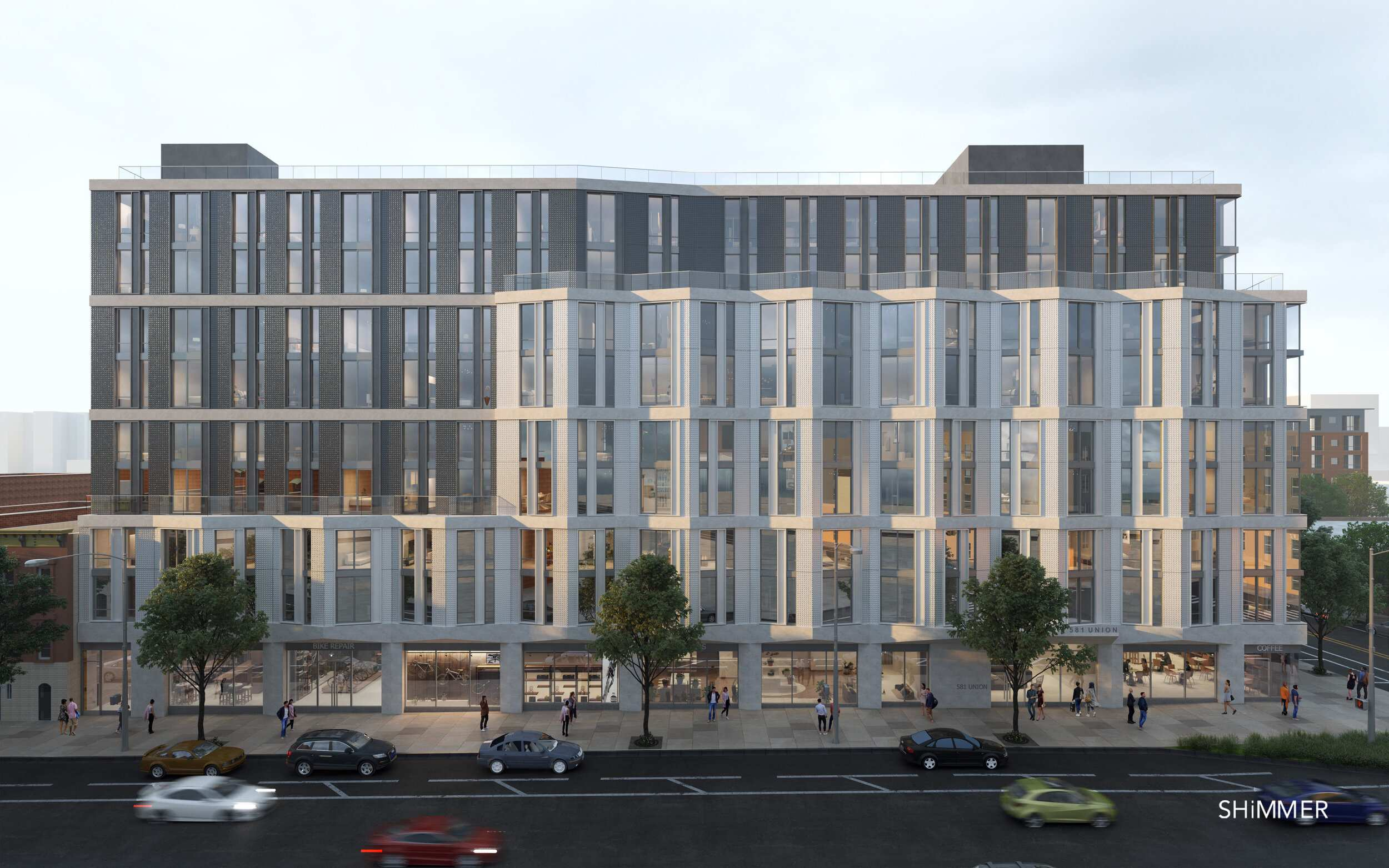
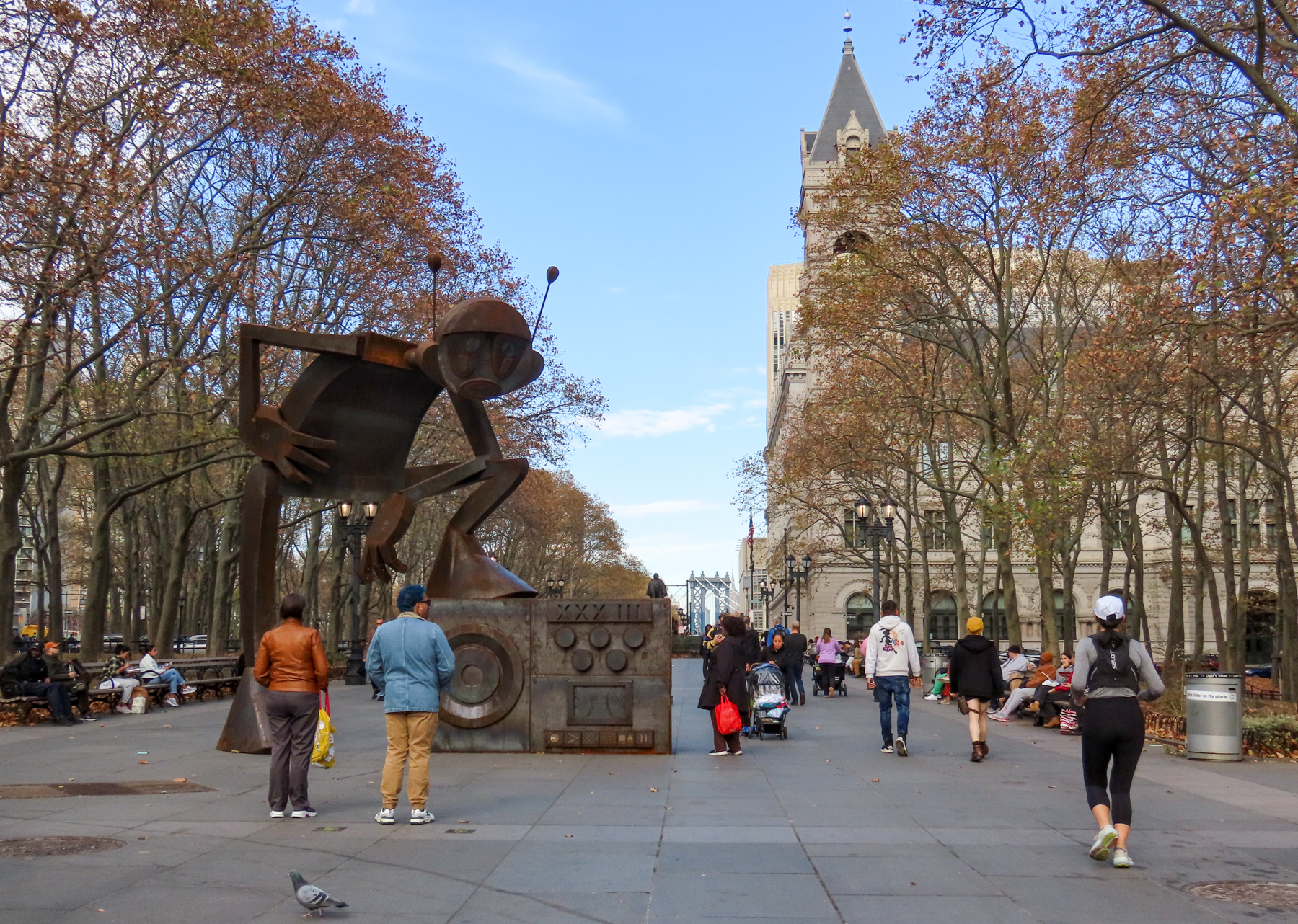




What's Your Take? Leave a Comment